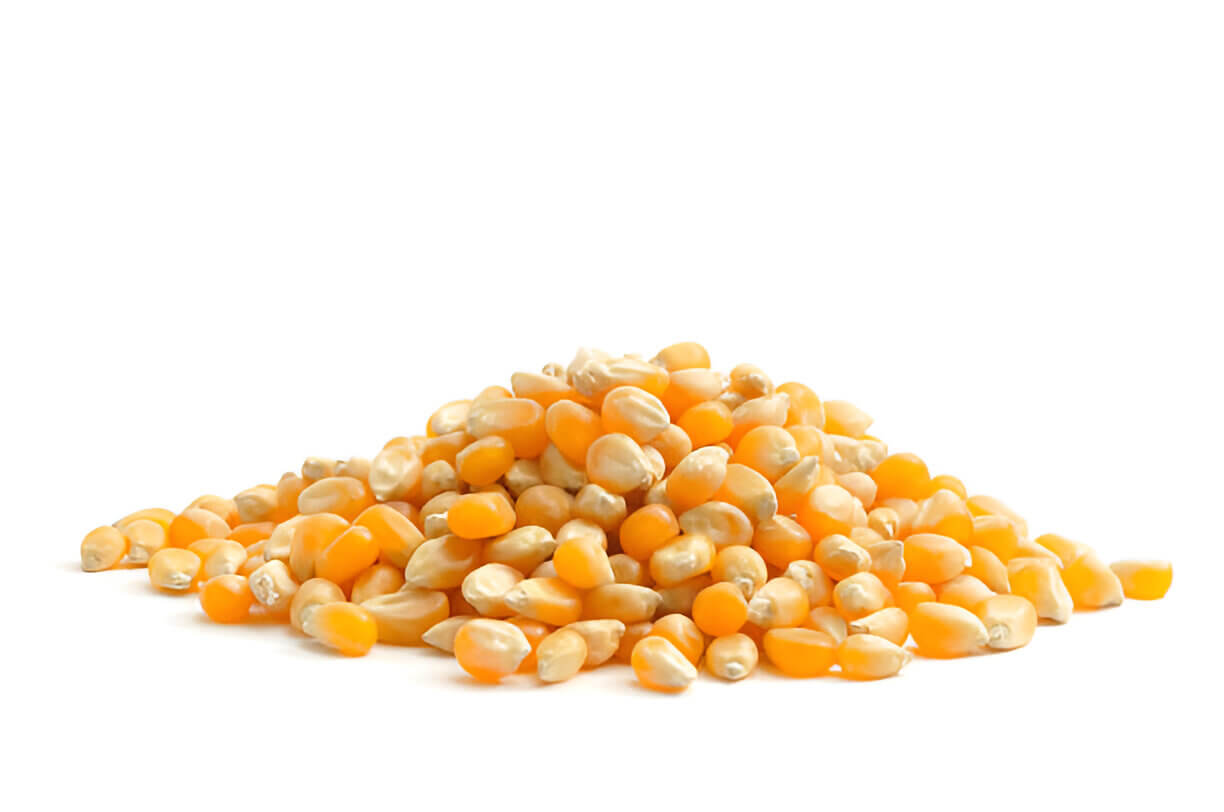Understanding Seed Corn
It is central to agriculture as a fundamental component for nurturing better-yielding crops. Growers and related field employees require high-quality seed corn for planting and harvesting seasons a year. We will examine different types of seed corn, various technologies that concern seed corn, and the right ways of doing things in regard to seed corn.
What is Seed Corn?
This is a special kernel that has been precooked and nurtured carefully for the purpose of planting a crop. Seed corn, unlike ordinary corn, goes through rigorous genetic improvement besides treatment to increase its yield germplasm, disease, and pest resistance as well as drought tolerance.
Seed Corn Varieties
Hybrid Seed Corn
Such seeds received the name of hybrid seed corn, thanks to a practice that involves planting two vastly different plants together so that their seeds will produce even better offspring. This variety has received attention from farmers for its high resistance feature, higher production, and synchronous growth.
Open-Pollinated Seed Corn
OP seed corn readily undergoes pollination by natural means. In this, it is less uniform than the hybrid kinds, but it is preferred by some for its locally folky and organic look.
Seed Corn Prices
Prices of seed corn depend on the type, brand, and extra treatments done to the seeds. Factors influencing cost include:
- Genetic Traits: Positive attributes such as drought resistance or pest resistance will cause an increase in the price.
- Treatment Coatings: The basic seeds that have been treated by fungicide or insecticide are relatively expensive.
- Supply and Demand: Visibility and market price also influence the price of the products, to or from the market.
Discounts and Deals
Seed corn companies also have the policy of giving their customers concessions on price for large orders or orders placed well ahead of time. You should also inquire from local dealers about any promos that are running at particular times of the year.
Seedish Corn Suppliers and Companies
Leading Seed Corn Companies
- Pioneer: It is famous for its new-generation seed technology.
- Monsanto: One of the leading biotech supporters and dealers in genetically modified seed corn.
- Syngenta: Holds a variety of seed corn-related hybrids.
Local Seed Corn Dealers
Local suppliers bring specific recommendations according to local conditions. Dealers, whose services are used, should be well vetted to ensure they pass on quality products.
Seed Corn Selection
Factors to Consider
- Soil Type: Select the seeds of that variety that best suits the type of soil in your gardening area.
- Climate Conditions: Select seeds in relation to the respective climatic conditions of a particular region.
- Crop Goals: State for whom and what you decide—yield, resilience, or positive qualities.
Seed Corn Planting Rates
Calculating Planting Rates
Proper planting rates enhance correct planting density in the crops grown. Sowing too few seeds leaves some area unused, while sowing too many seeds means competition for such resources in the soil. Recommendations for seed treatment and field topic depend on the type of seed and conditions in the case of a given field.
Seed Corn Treatments
Importance of Seed Treatments
Seed treatment renders seeds less vulnerable to pests, diseases, and unfavorable conditions in the environment. The peptides may be applied in fungicides, insecticides, and the use of biological agents.
Benefits
- Enhanced germination rates
- Shelter during the establishment of young plants
- Improved yield potential
Seed Corn Germination
To guarantee successful germination, here are some guidelines I have come up with:
It contains features related to seed, soil, and planting depth or how the seed germinates. You should carry out germination tests before sowing seeds periodically.
Tips for Optimal Germination
- Adopt adequate moisture content in the soil.
- Do not plant during winter or in the rainy season.
Seed Corn Storage
Best Practices
Seeds as a planting material require some form of storage in order to ensure viability in the planting season. Follow these guidelines:
- Temperature Control: Phyto managers should store the seeds in a cool and dry area.
- Humidity Levels: This puts seed quality at risk due to high humidity levels.
- Packaging: Among specimens’ stakeholders, even the most cautious practitioner understands that the use of sealed fiascos looks far more professional and means less risk of contamination.
Seed Corn Yield Potential
Maximizing Yield
Yield potential relates to the genetic endowment, the method of planting, and the ways the field is managed. Some of the most productive varieties are generally hybrids.
Seed Corn Genetics
Role of Genetics
Technological advancements, particularly in the field of seed genetics, have brought significant changes to agriculture. Changes improve characteristics such as pest, disease, and drought tolerance, as well as nutrient use efficiency.
Seed Corn Technology
Innovative Approaches
Advanced technologies like precision agriculture and biotechnology make great improvements in seed corn varieties.
Seed Corn Traits
Key Traits
- Drought resistance
- Pest tolerance
- Enhanced nutrient absorption
Seed Corn Performance
Measuring Success
The performance is calculated with reference to germination rates, the condition of crops, and their yield at the end of the trial. Generally, with field assessments, one is in a position to determine some of the changes to be made.
Seed Corn Recommendations
Expert Advice
Agronomists and specialists in seeds should be consulted in the choice of seed corn to be used.
Seed Corn Emergence
Ensuring Strong Emergence
In planting, emergence means the successful germination of seeds. The practiced management of the seedbed preparation as well as the depth of planting and the quality of seeds play a big role in determining emergence.
Conclusion
Seed corn is the cornerstone of effective and profitable farming. Knowing its many types, the genes that go into it, and how farmers can make the most of it while avoiding pitfalls will help improve farming. Working with reliable sources and better understanding the latest achievements will also improve the results of crops.
You might also like: Does Getting a Tooth Pulled Hurt?

Dr. Tahoor Khan (MBBS) is a medical doctor and the founder of HealthGardeners.com. With 10+ years of clinical experience and a degree from Quaid-e-Azam Medical College, he offers evidence-based advice on skincare, nutrition, and wellness. His work blends medical science with practical tips, helping thousands make informed health and beauty choices. Read More
